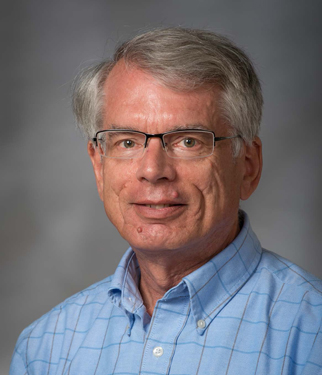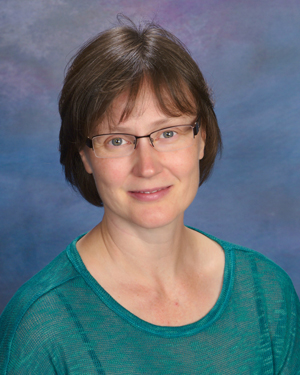

Shelly Kelly is assuming leadership of the X-ray Science Division (XSD) Spectroscopy Group. She received her Ph.D. from the University of Washington and is an expert in x-ray absorption spectroscopy (XAS) techniques. She was a long-time user of the APS as an Argonne research physicist studying the fate and transport of contaminants in natural systems using XAS. In 2011, Shelly joined Honeywell UOP, studying catalysis systems, and served as Sr. Manager R&D of the Advanced Characterization Group at UOP. Shelly is an author or co-author on over 70 peer-reviewed publications and 3 book chapters on XAS. We are excited to have her join the XSD management team.
Shelly follows Steve Heald, who has made many impactful contributions to the development of world-leading x-ray spectroscopy programs at the APS. First building out the beamlines and capabilities at Sector 20 as part of PNC-CAT and continuing to push the frontier of x-ray spectroscopy after he transitioned to XSD. Even though Steve is stepping down as group leader, he will continue at the APS, helping to lay the foundation for next-generation x-ray spectroscopy at the APS by assisting with the build-out and commissioning of the new beamlines at Sector 25 that are part of the APS Upgrade.
The U.S. Department of Energy's APS is one of the world’s most productive x-ray light source facilities. Each year, the APS provides high-brightness x-ray beams to a diverse community of more than 5,000 researchers in materials science, chemistry, condensed matter physics, the life and environmental sciences, and applied research. Researchers using the APS produce over 2,000 publications each year detailing impactful discoveries, and solve more vital biological protein structures than users of any other x-ray light source research facility. APS x-rays are ideally suited for explorations of materials and biological structures; elemental distribution; chemical, magnetic, electronic states; and a wide range of technologically important engineering systems from batteries to fuel injector sprays, all of which are the foundations of our nation’s economic, technological, and physical well-being.
Argonne National Laboratory seeks solutions to pressing national problems in science and technology. The nation's first national laboratory, Argonne conducts leading-edge basic and applied scientific research in virtually every scientific discipline. Argonne researchers work closely with researchers from hundreds of companies, universities, and federal, state and municipal agencies to help them solve their specific problems, advance America's scientific leadership and prepare the nation for a better future. With employees from more than 60 nations, Argonne is managed by UChicago Argonne, LLC, for the U.S. DOE Office of Science.
The U.S. Department of Energy's Office of Science is the single largest supporter of basic research in the physical sciences in the United States and is working to address some of the most pressing challenges of our time. For more information, visit the Office of Science website.
